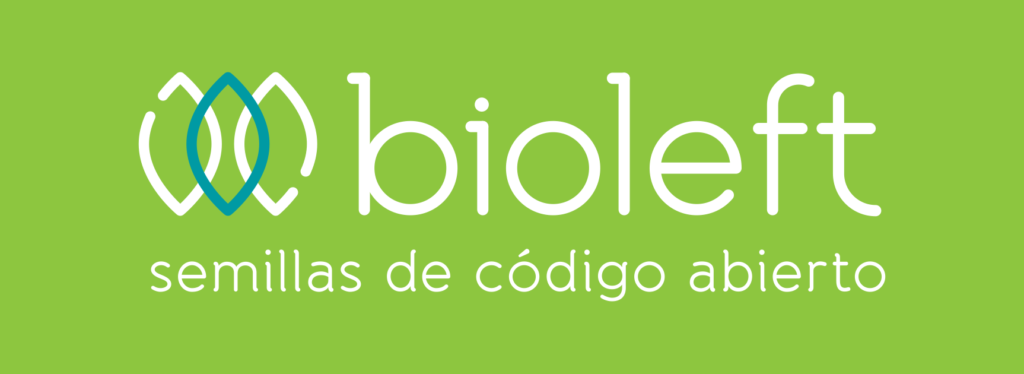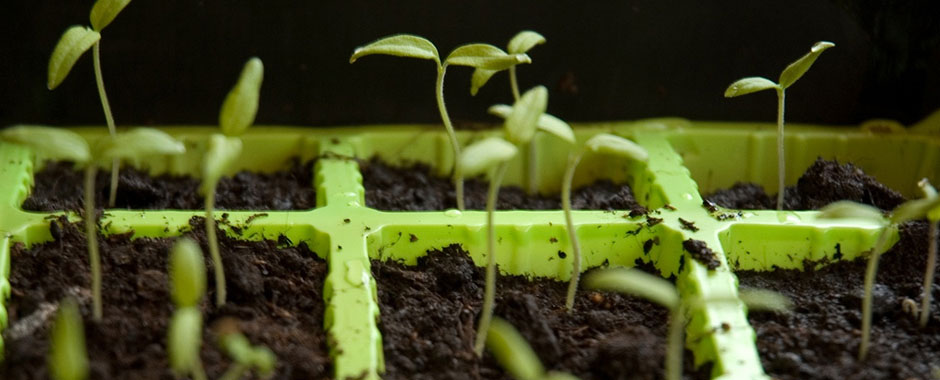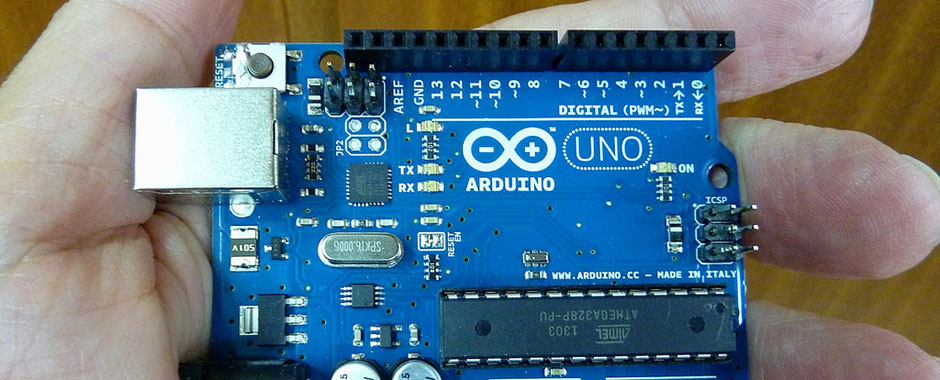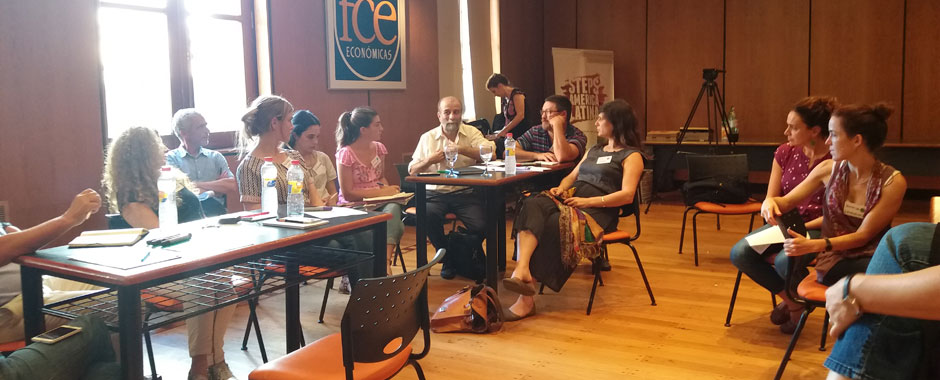by Almendra Cremaschi, Patrick van Zwanenberg & Anabel Marin The seed breeding initiative Bioleft has received funding to work with more varieties of seeds in Argentina, and to develop a…
Experimentation to action: how Bioleft is helping to grow an open source seed culture
Enabling Innovations
At the launch of STEPS America Latina in 2015, one of the themes that we focused on at our opening event was what we called ‘enabling’ innovations. These are new…
Argentina’s ‘Bioleft’ project shares its first open source seeds
Seeds were transferred from researchers to farmers for the first time under a new kind of open source transfer contract, called Bioleft, .
BioLeft: experimenting with open source seed innovation in Argentina
by Patrick van Zwanenberg and Anabel Marin (Conicet / Cenit / UNSAM) It is sometimes said that plant breeders breed their aspirations about how agricultural production systems ought to function…
Seeding ideas: knowledge brokering and recombination for agricultural transformations
by Adrian Ely, Paddy Van Zwanenberg, Elise Wach, Martin Obaya and Almendra Cremaschi Straight after the ‘Transformations 2017’ conference, the ‘Pathways’ network gathered at the mid-point in our three year…
What does transformative research for sustainability look like?
by Patrick van Zwanenberg, Hallie Eakin, Ethemcan Turhan, Mutizwa Mukute and Fiona Marshall Efforts to nurture more sustainable, just futures are happening all around us, albeit in the context of…
Can open and collaborative approaches change the world?
by Patrick van Zwanenberg, Mariano Fressoli, Valeria Arza and Adrian Smith Around the world, people are changing how things are made and how knowledge is produced, by involving more people,…
How can open and collaborative knowledge help to build communities?
by Adrian Smith, STEPS Centre and Patrick van Zwanenberg, STEPS America Latina Experimentation with open and collaborative ways of creating knowledge is flourishing. How might the increasing interest in initiatives…
Could new alliances for seeds in Argentina be a way to nurture agricultural diversity?
Over the last three decades there has been an unprecedented process of concentration in world and regional seed markets. Seed R&D has shifted from being widely distributed over hundreds of…
How do we end the dominance of rich countries over sustainability science?
by Patrick van Zwanenberg, Anabel Marin & Adrian Ely With the new Sustainable Development Goals adopted by the UN last year, SciDev.Net has published a timely report on the global…








